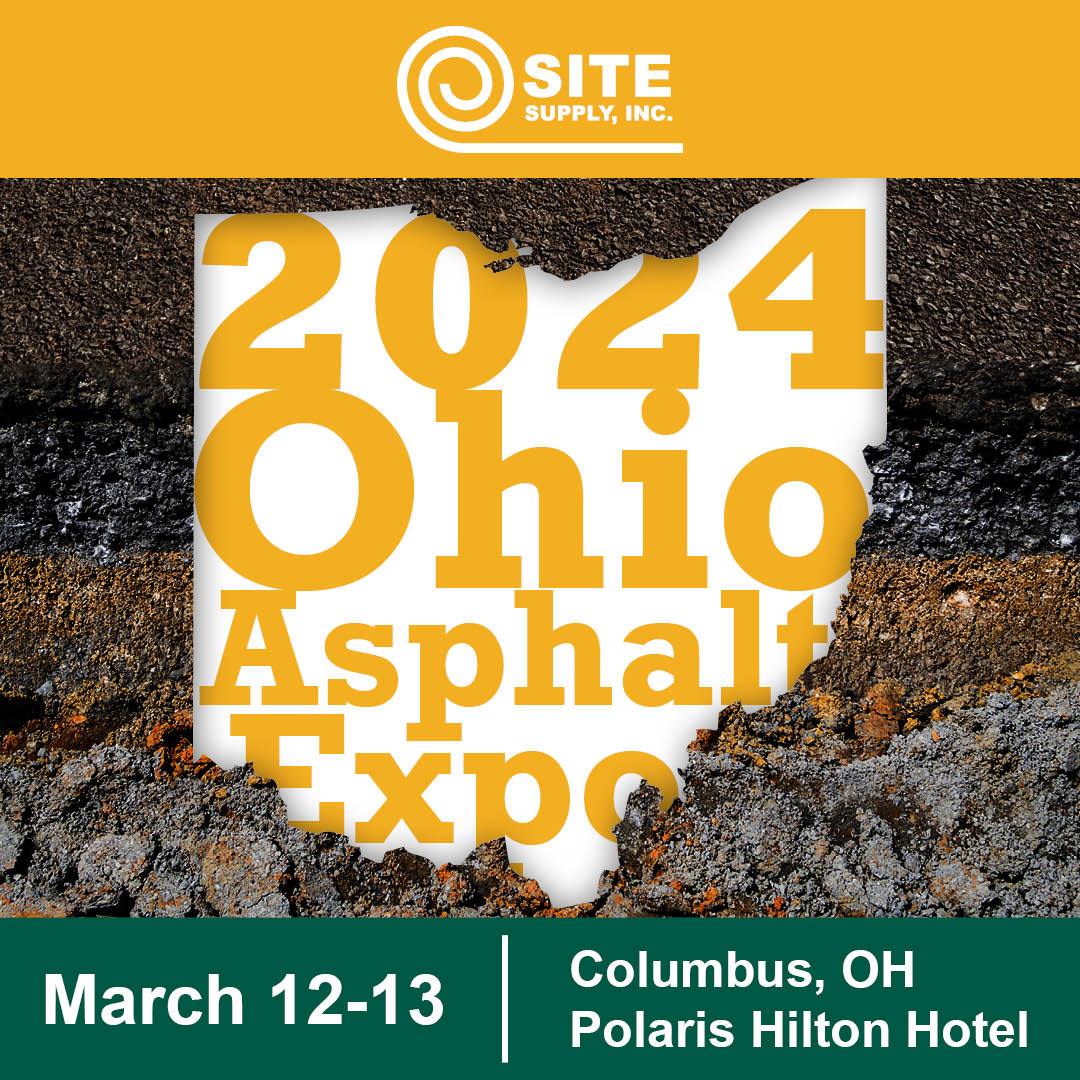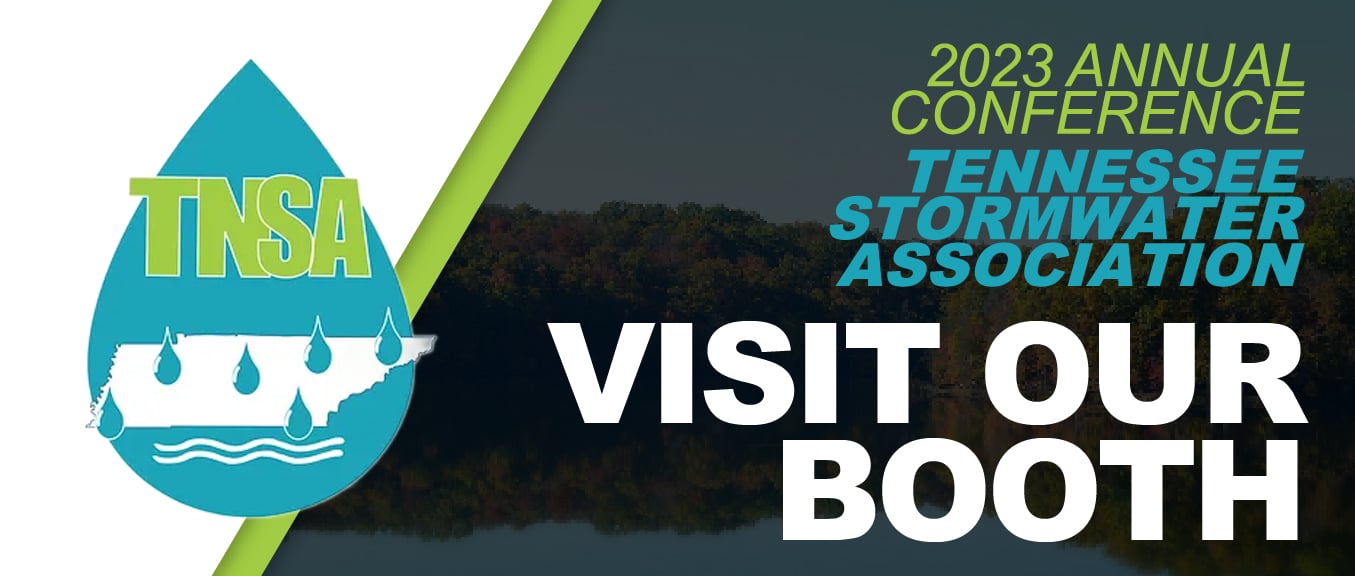
The mission of the North East Asphalt User/Producer Group (NEAUPG) is to improve the quality and performance of asphalt pavement applications in the Northeastern United States by promoting communication, knowledge and technology on practical issues facing the industry and state agencies and by promoting uniform solutions in a timely manner through discussion, research and education.
- From neaupg.engr.uconn.edu
Legislation introduced in Massachusetts to allow MassDOT to use an Environmental Product Declaration (EPD) to rank or score bid proposals on highway projects was granted a hearing on September 20, 2023, before the Joint Committee on State Administration and Regulatory Oversight. The legislation, H.3035/S.1981 (copy here) would place EPD’s into practice after January 1, 2025. The hearing is an early step in the legislative process and the state’s legislative session is in the first year of a two-year cycle.
New York Governor Mandates to Reduce Carbon and Require EPD’s
On September 19, Governor Kathleen Hochul announced mandatory rules (copy here) establishing carbon emission limits on construction materials used in state-funded public building and transportation projects. The governors executive order establishes a GreenNY Council to implement the order. Starting October 1, 2023, the following language will be included for asphalt mixes totaling 10 tons or more as follows:
“Embodied Carbon Disclosure: For building materials covered by the GreenNY Council Embodied Carbon Guidance, contractors and designers shall disclose, at regular intervals during the course of the contract period (and no less than once a year), the exact materials/product type and estimated quantities used. For materials for which Environmental Product Declarations (EPDs) exist that comply with the GreenNY Council requirements, contractors are also required to submit kgCO2 equivalent estimates by material/product, and quantity used, on the project to date, with a link to the digital EPD.
“Embodied Carbon Disclosure: Contractors and designers shall be required to submit environmental product declarations (EPDs), if available, for all Covered Construction Materials used in this project under all circumstances.
- More information on this developing story can be found here.
New Jersey Governor Signs Bill to Increase RAP in Asphalt Pavement
On September 12 New Jersey acting governor Tahesha Way signed the Recycling Asphalt Pavement bill, Assembly Bill 4797, into public law. The legislation increases NJDOT specifications from 15% to 20% RAP as the default allowable limit; makes clear that all counties and municipalities must allow 20% RAP by law, and allows up to 35% recycled material for nonstate-funded, low volume roads. NJDOT committed to do 6 High RAP projects with a minimum of 25,000 tons of asphalt each during Fiscal Year 2024.


